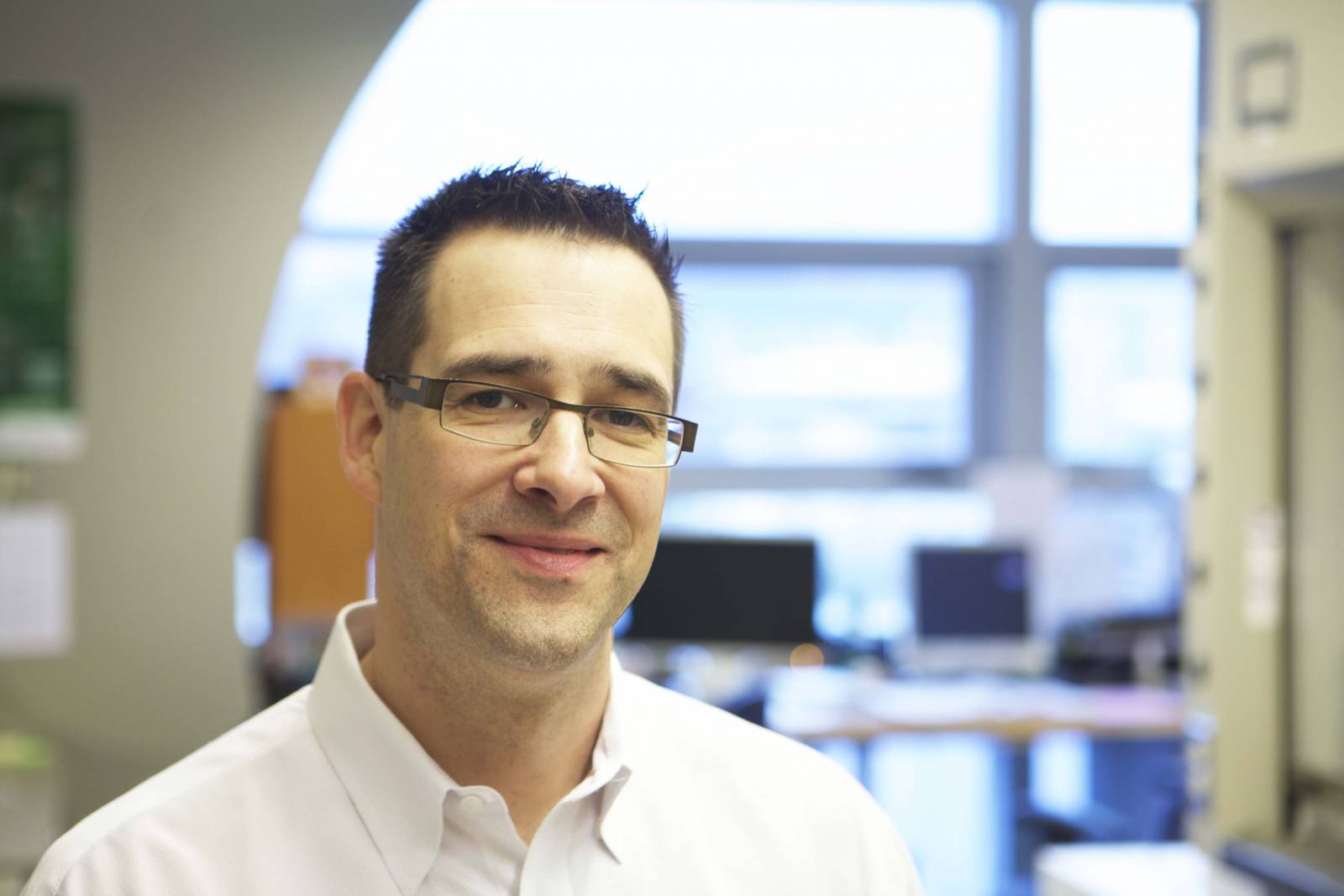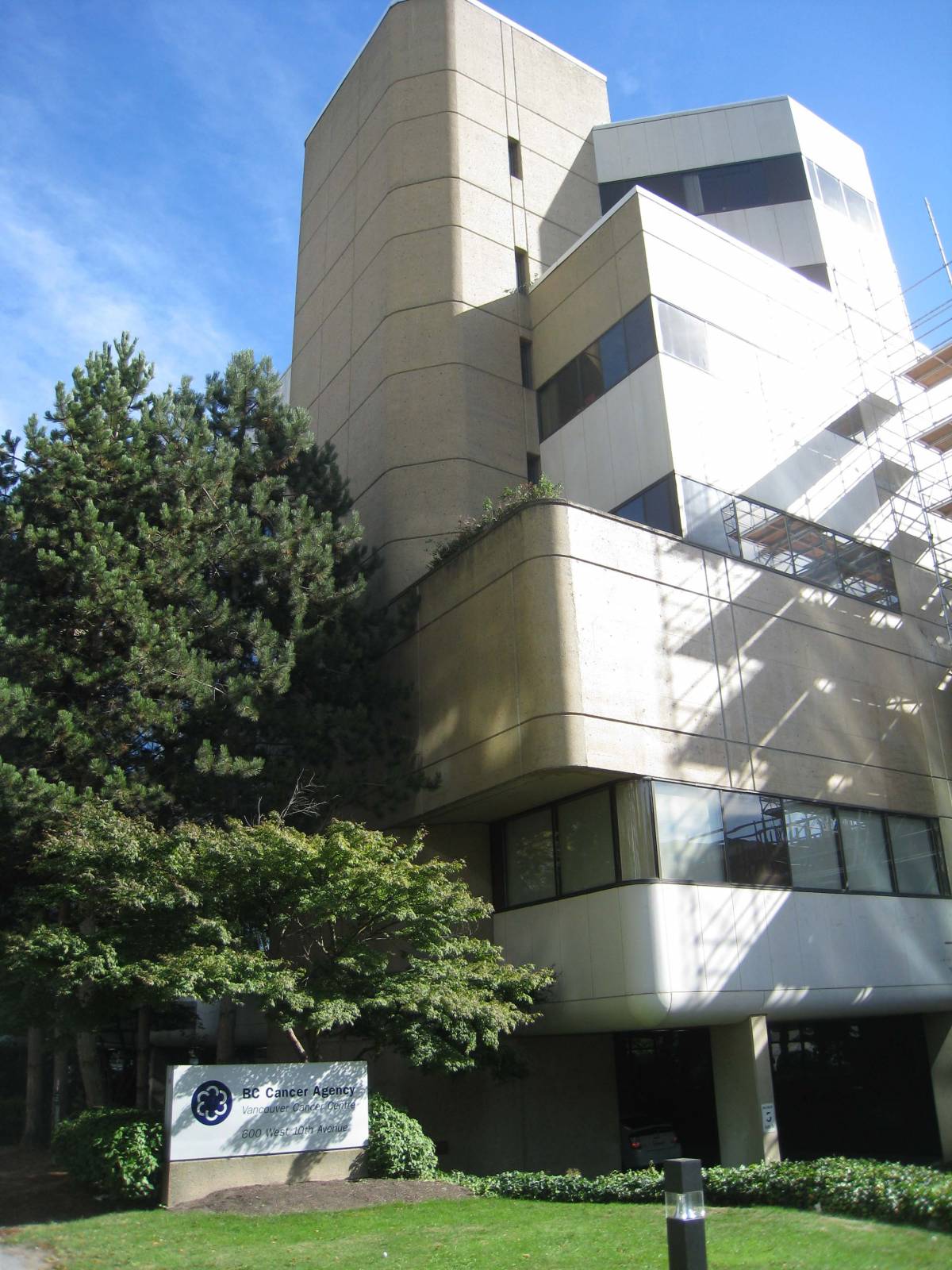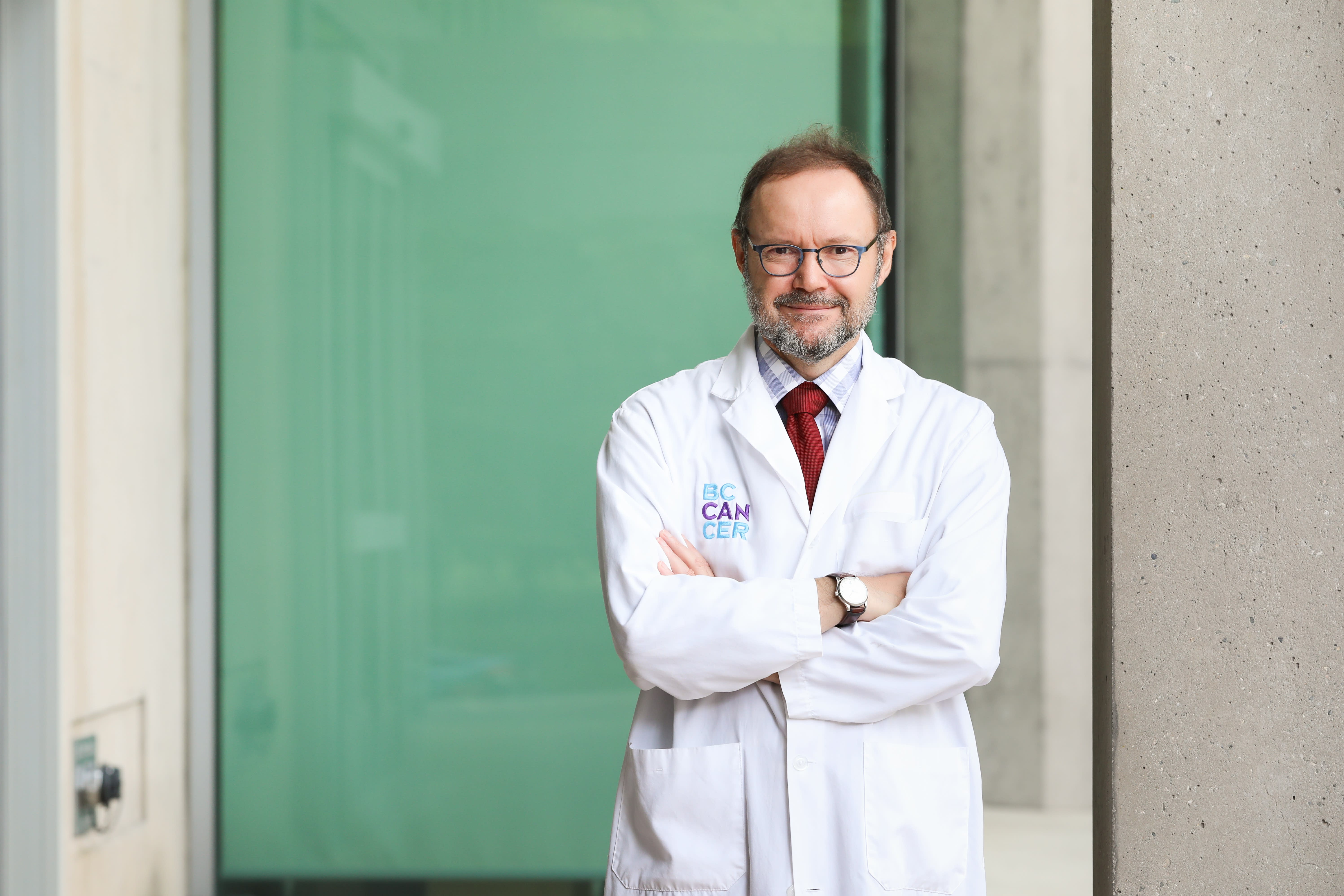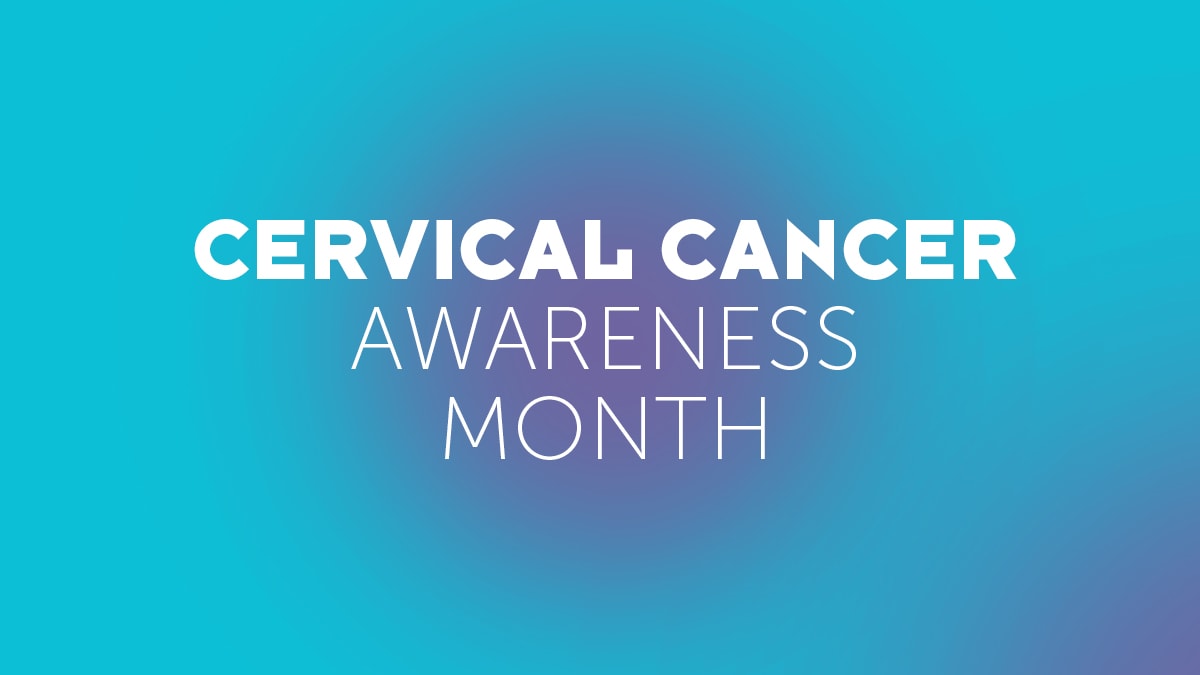Hello, it’s Dr. Bernie Eigl. For those who don’t know me, I’m the provincial director of clinical trials at BC Cancer. In my role, I oversee the strategic direction and operations support of clinical trials at BC Cancer’s six centres. I’m also a researcher and oncologist, with a special focus in bladder cancer.

I’m excited to return as guest blogger for March. A lot has been accomplished over the past year in the realm of clinical research. It’s a continually evolving field, where discoveries are made daily and the impact is felt on a very tangible level for patients and their families.
Clinical trials are often misunderstood. It’s a term that isn’t really used in normal circumstances, so for many it’s an unknown. In essence, clinical trials are how we test the efficacy of cancer treatments, to see how they might benefit those facing the disease.
It’s a type of experimentation, yes, but it’s also a lot more than that. It’s how we translate ground-breaking and world-leading research into the clinic. Clinical trials enable us to move the goal-post for cancer care, working to help people live longer and better lives.
CHANGING OUTCOMES THROUGH CLINICAL TRIALS
Clinical trials help transform patient outcomes in this province, for a number of reasons.
Firstly, the main reason we have some of the effective treatments we do today is because people have volunteered to take part in clinical trials in the past. This has allowed us to bring forth new treatment options to the clinic, once the trial results have been reported and the treatments approved, they can be delivered through centres across the province.
There are countless examples of patients whose lives have been transformed as a result of treatments offered through a clinical trial, and I will share one of these stories with you this month.

We also know that outcomes are better for patients who go to a centre that conducts trials, regardless of whether they participate in a trial or not. That’s because clinical trials are designed to build upon the best standard of care in order to improve on it. So before I could offer you a trial, I have to know what the best standard available treatment is, and so all patients treated at our centres benefit by receiving the best standard of care.
As a researcher, I design these trials to find answers to questions, and solutions to problems that patients face. But it all boils down to: what can we do to improve outcomes for this disease? Over the course of these blogs, I hope to explain in more depth how we are answering this question.
INCREASING CAPACITY OF CLINICAL TRIALS IN BC
My primary focus over the past year has been to improve the structure of clinical trials operations across the province, in turn increasing the capacity for our centres to offer them to patients. When you think of what it takes to run a trial – there are contracts that need to be negotiated, the quality assurance pieces and the staffing requirements, and the training involved – it’s a huge expensive operation.
By establishing a centralized clinical trials operations unit, we have been focusing on ways to takes some of the heavy lifting, so to speak, off individual centres, so that they can focus on doing what they do best: delivering clinical trials and care. This is a unique system that isn’t found anywhere else in Canada, and I believe it is what has allowed us to be leaders in the realm of clinical trials and developing new treatments for patients in need.
Next week, I’ll discuss in detail a few exciting trials that are taking place in BC.
Thanks for reading,
Dr. Eigl


